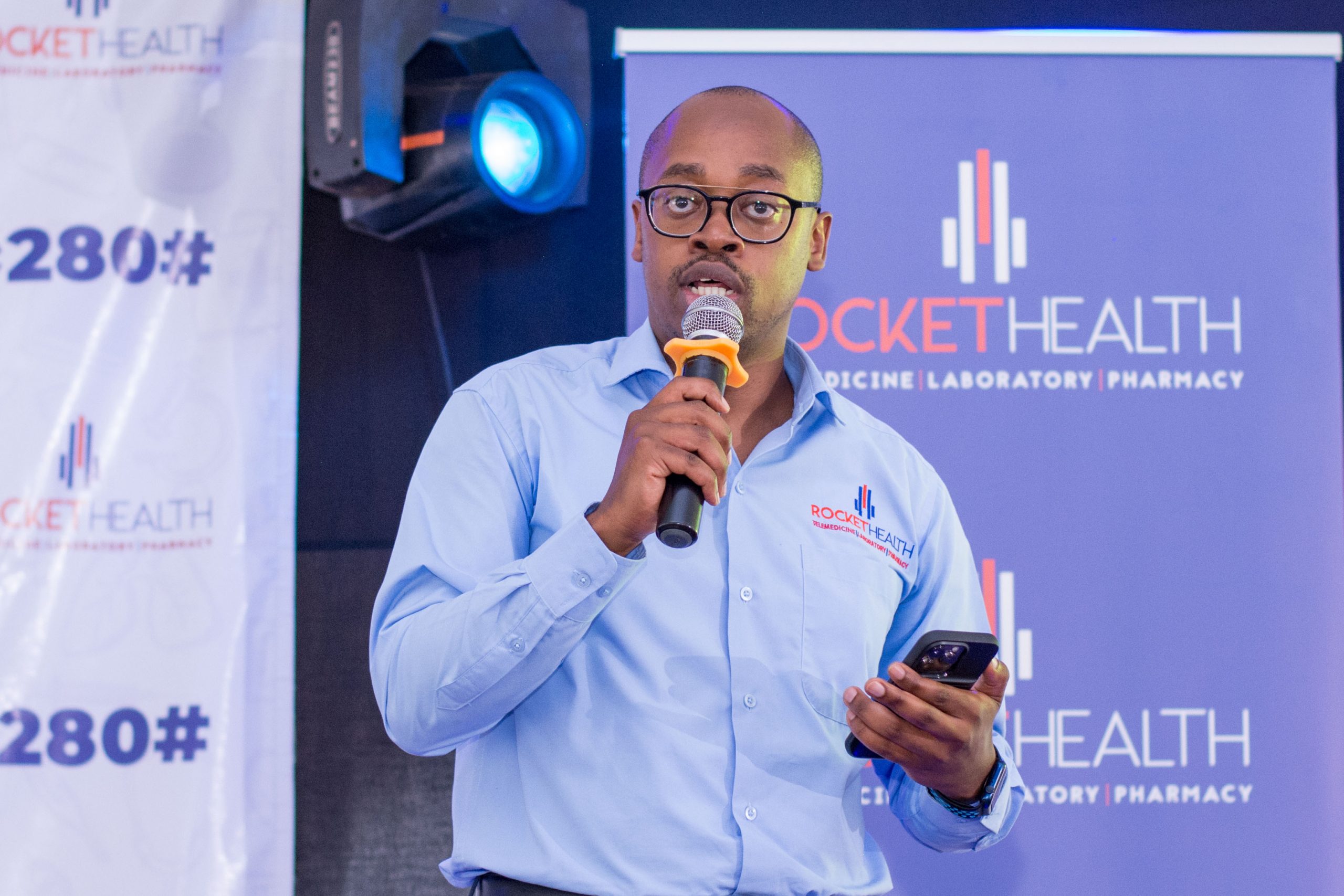In 2022, Ugandan startups raised $70 million according to Africa: The Big Deal data. One of the standout deals that year was raised by Rocket Health, a telemedicine startup that…
Davis Musinguzi: The King of Telemedicine.


In 2022, Ugandan startups raised $70 million according to Africa: The Big Deal data. One of the standout deals that year was raised by Rocket Health, a telemedicine startup that…
deneme bonusu veren siteler deneme bonusu veren siteler deneme bonusu veren siteler deneme bonusu veren siteler deneme bonusu veren siteler casino siteleri
deneme bonusu bonus veren siteler deneme bonusu veren siteler
flyjota.com Deneme bonusu veren siteler Deneme bonusu veren siteler Deneme bonusu
You cannot copy content of this page
gaziantep escort,alanya escort,gaziantep escort
avrupa yakası escort,beşiktaş escort,beyoğlu escort,nişantaşı escort,etiler escort,esenyurt bayan escort,beylikdüzü bayan escort,avcılar bayan escort,şirinevler escort,ataköy escort
beylikdüzü escort ,istanbul escort ,beylikdüzü escort ,ataköy escort ,esenyurt escort ,avcılar escort ,bakırköy escort ,esenyurt escort ,esenyurt escort ,avcılar escort ,beylikdüzü escort